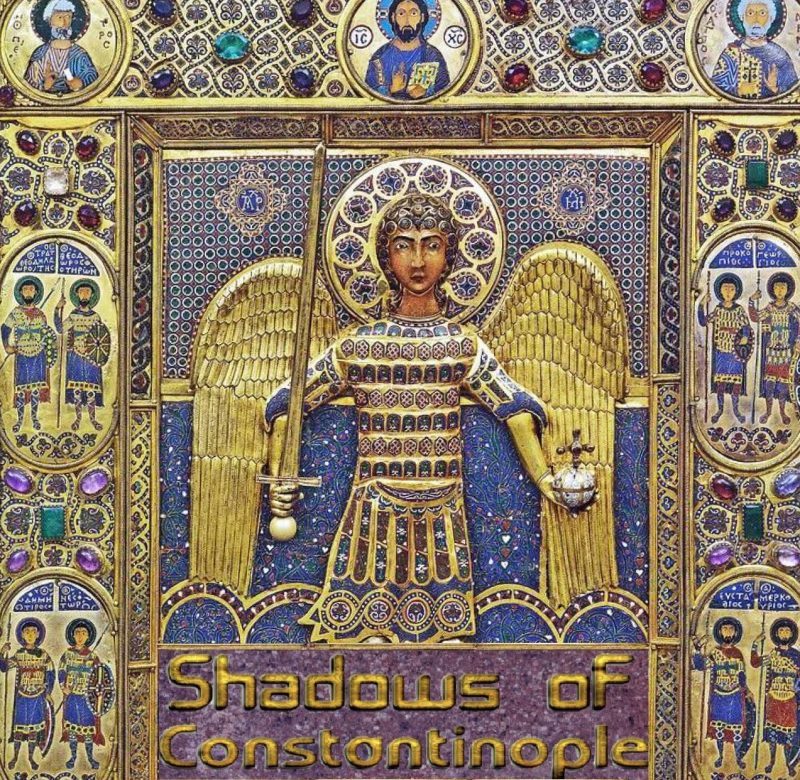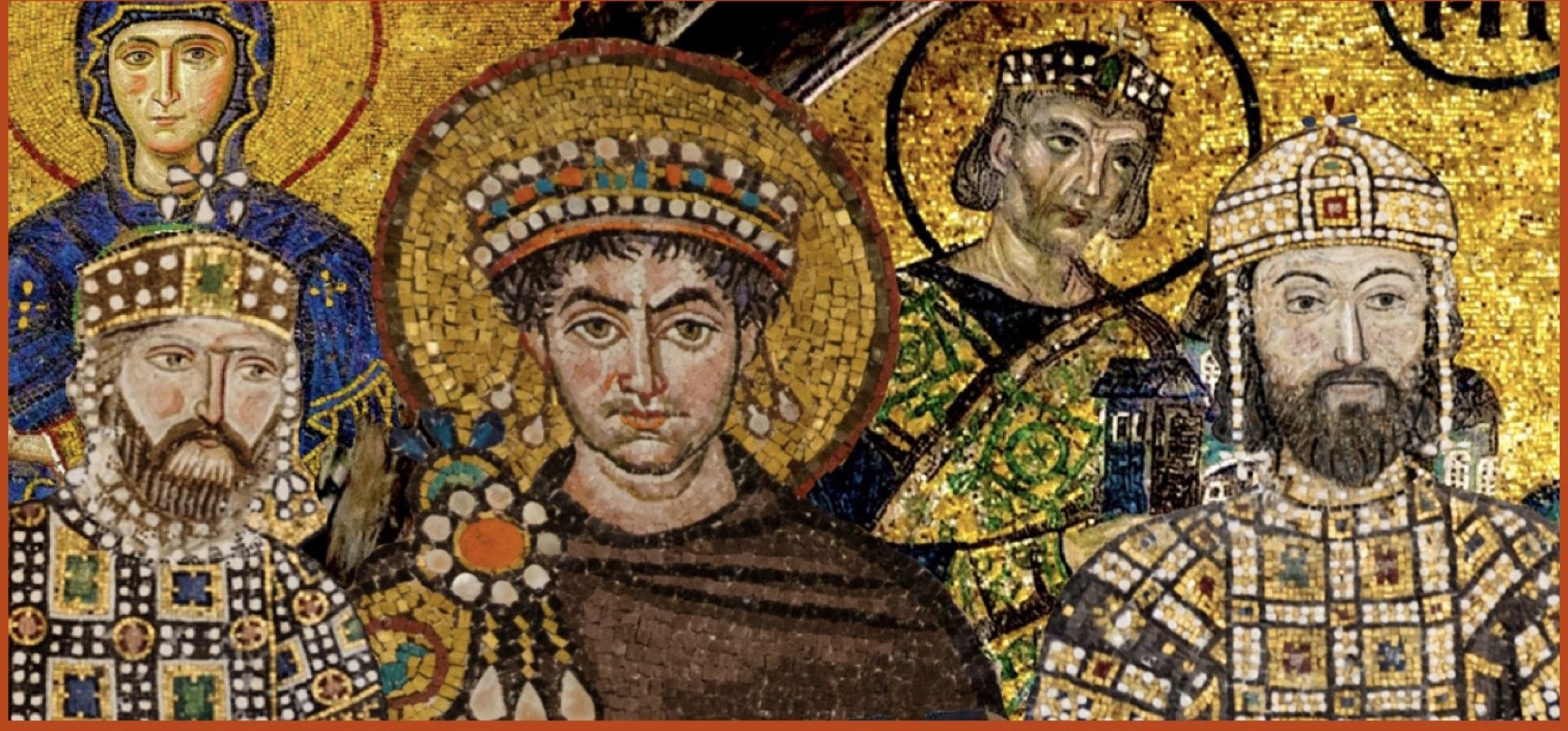The exchanging of gifts was an important component of medieval Roman diplomacy, and a key part of encounters with foreign rulers and leaders. A “meeting between two rulers was more or less inconceivable without an exchange of gifts.”

“The interpretation of gifts always lay in the eye of the beholder: as far as the Byzantines were concerned, a gift presented by a foreign ruler to the emperor was seen as payment of tribute, while gifts presented by the emperor were seen as an act of grace.” This shows that in either circumstance, the emperor can portray the gift as a sign of his supremacy or as a charitable act of benevolence which demonstrated his virtuous character. Another purpose of giving gifts “was to display wealth and secure a good reputation in the opinion of one’s opposite number.”
Gift-giving is highly pervasive in the records of diplomacy in many different eras, it is a steady component in encounters. Arab diplomats received gifts at times during the centuries of conflict, including Ancient Greek texts from antiquity. Alexios famously gave gifts to the Crusaders. Manuel Komnenos gave the visiting Seljuk Sultan Kilij Arslan splendid gifts according to Choniates. Even later on when the medieval Romans were fairly poor in the Palaiologan period, Manuel II Palaiologos made sure to bring gifts to give to the French and English when he visited those lands. Mostly relics, but they made a good impression.
Gifts could also be used to soothe tensions. For example if a foreign diplomat or ruler was making concessions to the Romans, it would look far more acceptable to his own people if the Emperor presented him with gifts in the same encounter. This would make it look more mutually respectable. Of course when people took gifts home, it was kind of an advertisement of the the emperor’s generosity as well.
Source:
John II Komnenos, Emperor of Byzantium: In the shadow of father and son (multi-author). Chapter 6 “Emperor John II’s encounters with foreign rulers” by Martin Marko Vucetic

